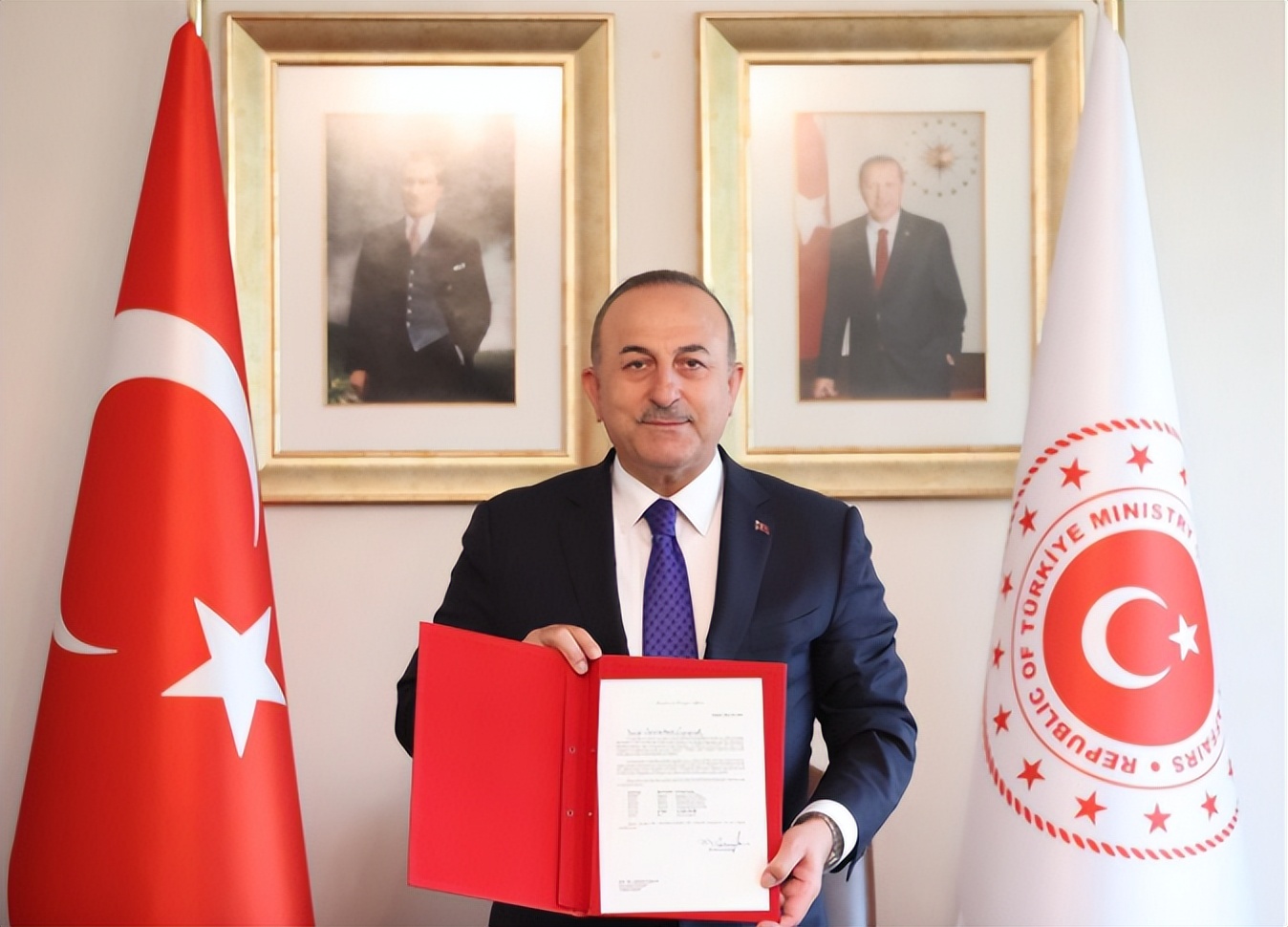Turkey's Anadolu news agency reported on June 1 that the United Nations has agreed to change Turkey's foreign language name from "Turkey" to "Türkiye". The day before (May 31), Turkish Foreign Minister Cavushoglu posted on his social media platform that he had sent a letter to the UN Secretary-General requesting that Turkey's foreign language name be changed to "Türkiye".

In fact, Turks have long wanted to use this "Turkey", because in English, the word also means "turkey". The term is even defined in the Cambridge Dictionary as "something that fails badly" or "something stupid."
So how exactly did the "turkey" connect with Turkey?
In a previous article, Mario Pei, a professor of romance languages at Columbia University, told NPR a historical story nearly 50 years ago, proposing two scenarios to explain Turkey's relationship with turkey.
The first hypothesis holds that in the 16th century, merchants, mainly from Istanbul, shipped turkeys from the United States to England. The British called it "Turkey coq". Why is it called that? Because at that time, it was customary to associate anything that passed through Turkey or Turkish merchants with "Turkey". For example, Persian carpets are called Turkey carpets, and Indian flour is called Turkey flour.
The second theory is that long before the discovery of the Americas, Europeans had a wild bird they liked to eat, which was brought from Guinea in West Africa by Turkish traders. This poultry is jokingly called "Turkey coq" because it is traded through Istanbul.
After being constantly ridiculed by people in English-speaking countries, Turkish President Recep Tayyip Erdogan finally "shot". He demanded that the ugly name be completely changed.
In fact, Turkey's name change has been in trouble for more than half a year. As early as December 4 last year, Erdogan issued a presidential decree calling for a name change. Erdogan believes that "Türkiye" can "best represent the culture, civilization and values of the Turkish nation".
However, the process of changing the name has not been smooth. Since there is no "ü" in the Latin alphabet, the relevant international authorities claim that changing the registered name will bring difficulties.
The renaming campaign began in December 2021 after Erdogan issued a memorandum asking the public to describe the country in terms of "Türkiye". Turkey began to use "Türkiye" as its foreign language name on national and international occasions.
According to the Eyes of the Middle East, initially, the Turkish public did not know how to take the initiative seriously. However, public funding soon began to respond to government practices. The Anadolu news agency and TRT World began using the term "Türkiye" in their English-language broadcasts. At the same time, the country's foreign ministry did not waste any time. Its website began welcoming visitors with the title "Republic of Türkiye". Turkey's diplomatic missions around the world have also begun to use "Türkiye" in their communications.
Proponents of the name change said it was all about Turkey's sovereignty and a good feeling for the term "Türkiye."
Turkey, on the other hand, is not the first country to change its English name, after Thai authorities also decided to change the Latin alphabet name of the capital Bangkok from Bangkok to Krung Thep Maha Nakhon.